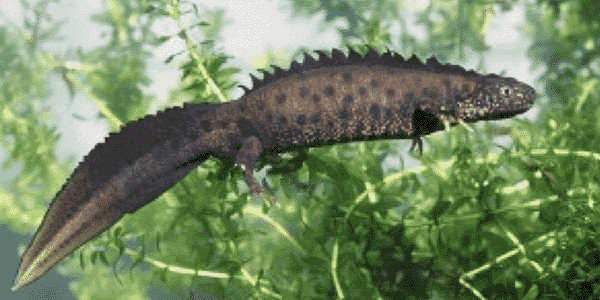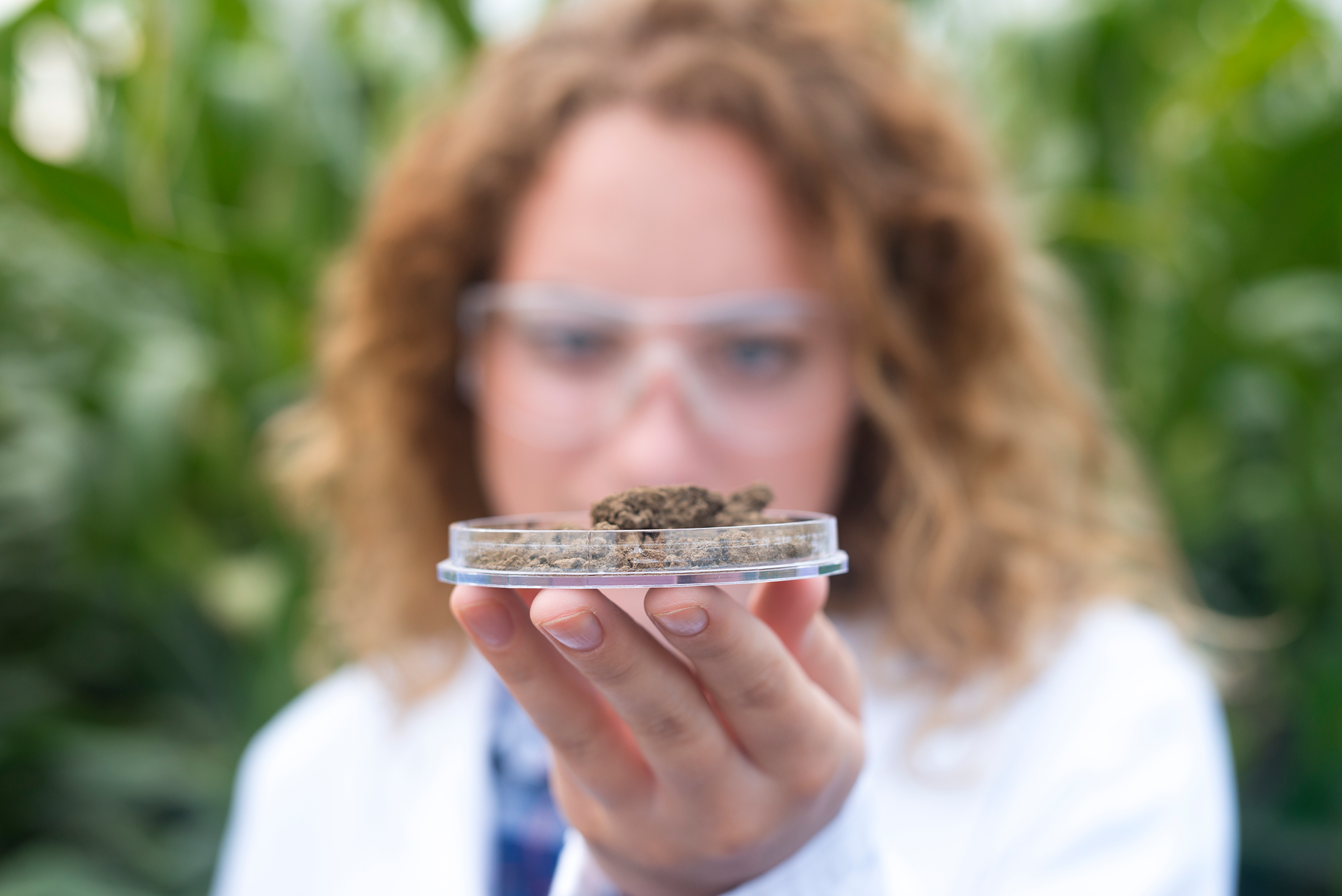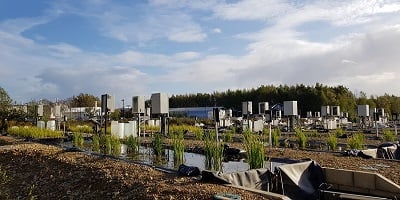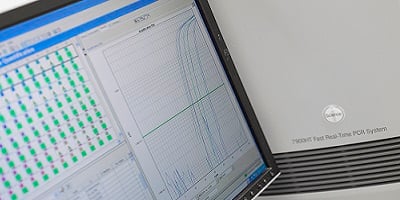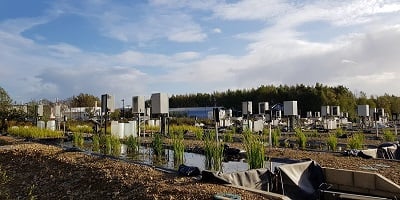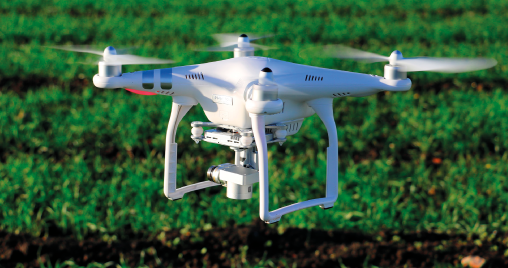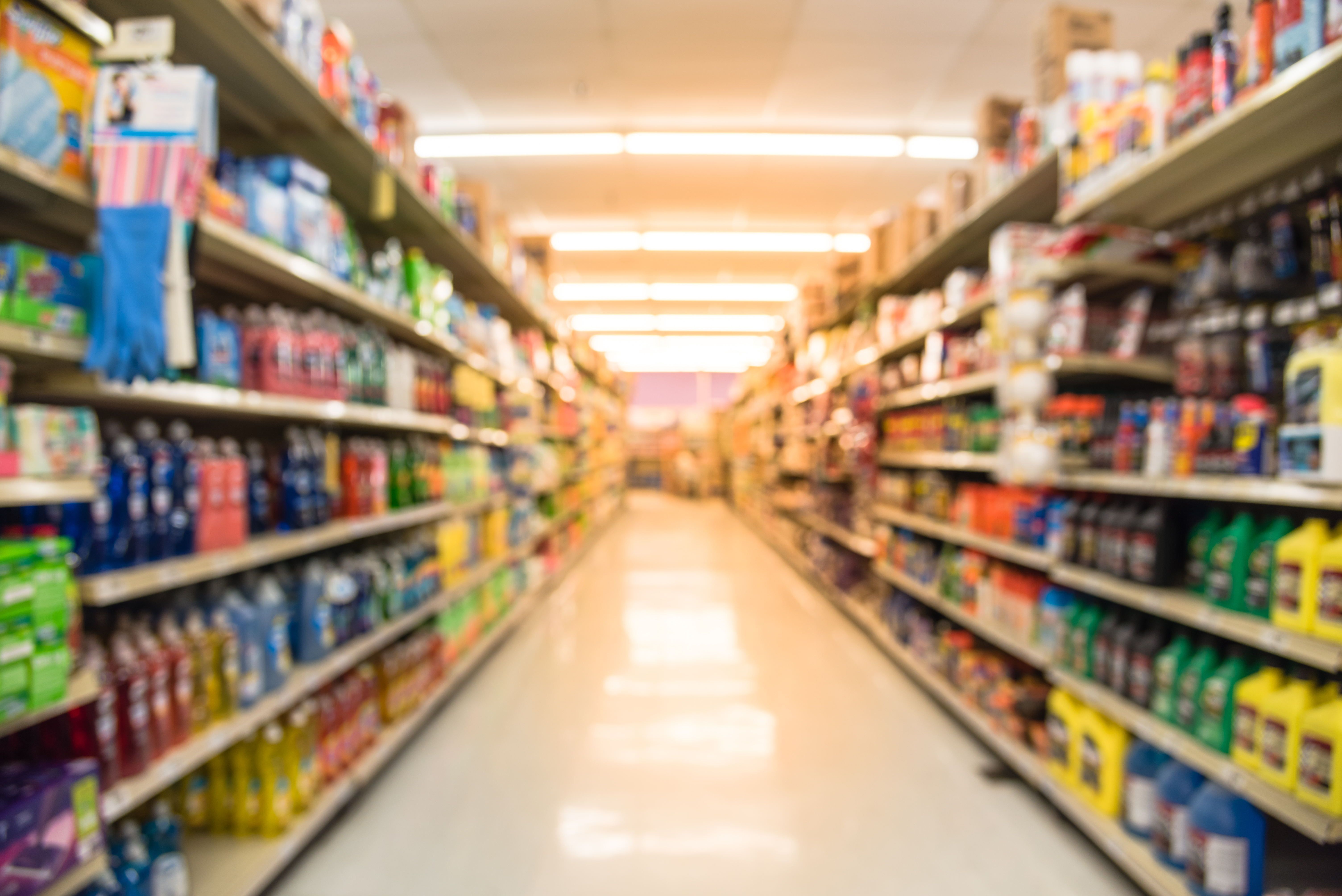The Journey to Net Zero for the Food & Drink Sector
Waste Management, Insects and Sustainability
Globally the food and drink sector has widely committed to achieving Net Zero throughout its supply chain by 2050. Sustainable waste management using innovative processes such as insect bioconversion can help the sector reduce greenhouse gas emissions and widen its ability to feed the world’s growing population.
The global supply chain of the food and drink sector is complex, from agriculture and livestock farming to manufacturing, packaging, transport, and retail. This supply chain is inefficient, with the United Nations Food and Agriculture Organisation (FAO) estimating that one-third of all global food produced is lost or wasted between farms, distributors, retailers, and the home and that globally the food and drink sector is responsible for 34% of total greenhouse gas (GHG) emissions[1]. In the UK, WRAP has estimated that 35% of GHG emissions comes from food and drink.[2] All stakeholders within the food and drink sector have a critical role to play in helping to reduce their environmental impact as significant and challenging commitments have been made by the sector to address this issue head on.
Net Zero commitments
GHG emissions reduction is a key weapon in the world’s armoury to address climate change and urgent action is required to continue emission reduction throughout global, regional, and local food supply chains. Global commitments have been made to reduce those emissions via the UN’s Sustainable Development Goals (SDGs). SDG 12 seeks to ensure ‘sustainable consumption and production patterns’. Specifically, target 12.3 calls for the halving of per capita global food waste at retail and consumer level and reducing food losses along production and supply chains (including post-harvest losses) by 2030.[3]
The UK Government has committed to achieve Net Zero emissions by 2050 and the Food and Drink Federation (FDF) announced on behalf of the UK food and drink sector the ambition to reach Net Zero by 2040. At COP26, five major UK supermarkets committed to halving their environmental impact by 2030 and all have set challenging targets to achieve Net Zero. The reduction of food waste is critical in the race to meet this particular target.
Waste management, Insect Bioconversion and Net Zero
The negative environmental impact of food waste from farm-to-fork is significant, edible food is wasted and GHG emissions arise from disposal of organic waste. Dr Maureen Wakefield, Principal Scientist at Fera explains how stakeholders can start the process of sustainable waste management.
“Voluntary frameworks are available to help the UK food and drink sector to understand and measure the food wasted within their supply chains, providing companies with data to set targets to achieve their Net Zero commitments.”
An example to highlight is the Courtauld Commitment 2030.[4] It enables collaborative action across the entire UK food chain to deliver farm-to-fork reductions in food waste. Innovative solutions applied within these frameworks provide opportunities to help businesses reach Net Zero. One food waste management innovation - with significant ‘added value’ benefits - is Insect Bioconversion. As a circular and cost-effective method of managing food waste, IB has significant potential to assist with meeting the sector’s emissions targets. IB is becoming more widely recognised as a sustainable solution to the issue of managing and indeed valorising organic waste to produce high-quality protein.
How does Insect Bioconversion work?
IB involves the feeding of organic waste (substrate) to insects such as black soldier fly Hermetia illucens and yellow meal worm Tenebrio molitor. Substrates currently permitted for insect rearing are vegetal residual matter and that from bakery and brewing. Fully grown insect larvae are processed into high protein meal, and oils for use in pet food and aquaculture. Life Cycle Assessment (LCA) undertaken by the established insect producer Protix[5] in The Netherlands suggests that IB can produce protein and lipids for use in pet food with a much lower environmental footprint than traditional meat and other valuable additives such as coconut oil. Even the residual substrate (frass) can be used as an organic soil fertiliser.
Examples of the successful use of IB are building in the UK and further afield, with research and practical analysis supporting its use. The use of insects to upcycle waste into feed for animals has already proved successful in the UK. Morrisons Supermarket is providing customers with the first ‘carbon-neutral’ eggs produced by feeding hens insects raised using food waste from the company’s bakery, fruit and vegetable sites, part of the hens’ soya-free diet. As part of Morrisons’ drive to be directly supplied by zero-emissions British farms by 2030, insect ‘mini farm’ containers have been installed at egg suppliers in Yorkshire by the Cambridge-based start-up Better Origin.[6]





Insect Bioconversion - reducing reliance on unsustainably sourced soy and fishmeal
Fishmeal - Almost one-fifth of the world’s annual wild fish catch is processed into oil and meal. Although much of this could be fed directly to humans, most of it is fed to other fish and crustaceans which are then consumed by humans. Regulations already allow insect protein to be used for aquaculture, providing a sustainable method in comparison to fishmeal enabling the food and drink sector to reduce their reliance on environmentally damaging fishmeal.
Soy – The widespread demand for soy to feed animals for human consumption encourages land change and deforestation in the source countries such as Brazil. In the UK, a significant number of companies have committed to eliminating soy imports associated with deforestation and conversion via the UK Soy Manifesto.[7] As a result, the race to identify sustainable alternatives to soy protein is intensifying.
Dr Maureen Wakefield, Principal Scientist at Fera highlights research commissioned by WWF in partnership with Tesco[8] about the potential of IB to provide local solutions to tackling the protein deficit.
“The [WWF] report clearly states that insect farming presents an opportunity to produce a high-protein animal feed ingredient which can displace proportions of soymeal and fishmeal while also processing quantities of food surplus, food by-products and other raw materials which cannot be consumed directly by people and might otherwise go to ‘waste’.”
Insect Bioconversion – an innovation ‘in production’
There are already large scale IB facilities in The Netherlands, France, USA, and Asia, where substantial public and private investment is forwarding the potential of this innovation to produce sustainable insect protein from waste at scale.
France is pressing forward particularly with the long-established company, Ynsect, shifting its focus towards the production of insect protein for pet food and for human consumption, rather than animal feed. Innovafeed, another French company, has recently secured funding that will allow an increase in production capacity in the north of France, as well as supporting expansion into the US and Asia.
In Asia, Veolia produces insect protein by upcycling organic waste from agriculture and the food industry, whilst generating zero waste. It currently operates with Entofood in Malaysia and with Mutatec in France with a focus on feed for aquaculture and poultry. In Malaysia, Carlsberg recycle organic by-products from their brewing process for livestock feed utilising spent grains and yeast. Some material is used as cattle feed, the remainder providing a substrate for IB.
The future of Insect Bioconversion and the food and drink sector
The food and drink sector has committed to reducing its environmental impact and to achieving Net Zero emissions within a challenging timescale. All stakeholders need to accelerate their actions to define their own journey to this anticipated result. IB should be part of that assessment to reduce and valorise all unavoidable food waste within their value chains.
UK regulations currently restrict the type of organic waste on which insects can be fed. However, research commissioned by the Food Standards Agency (FSA) and being run by Fera Science Ltd, with industry and academic partners, is currently underway to produce the evidence base that could lead to an increase in the number and nature of the substrates permitted for rearing insects – a potential game-changer.
Dr Maureen Wakefield, Principal Scientist at Fera concludes: “If our research for the FSA produces positive safety results on these substrates, there may be greater opportunities to expand the range of currently permitted substrates for IB, enabling this innovation to play its part in meeting the ever-growing demand for protein world-wide, as well as helping the food and drink sector meet its challenging Net Zero targets.”
To find out more and explore how Insect Bioconversion could be part of your sector or business’ Net Zero strategy visit fera.co.uk/insect-bioconversion-reforming-the-food-system. Email jess.barker@fera.co.uk or call +44 (0)300 100 032.
--------------------------------------------------------------------------------------------------------------------------------------------------------------
[1] FAO - News Article: Food systems account for more than one third of global greenhouse gas emissions
[2] UK Food System GHG Emissions | WRAP
[3] https://www.un.org/sustainabledevelopment/sustainable-consumption-production/
[4] The Courtauld Commitment 2030 | WRAP
[5] LifeCycleAnalysesProtixProducts.pdf
[6] Better Origin - Fixing the broken food chain


